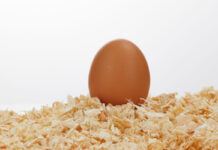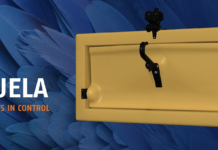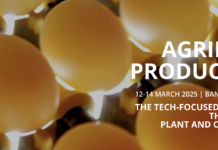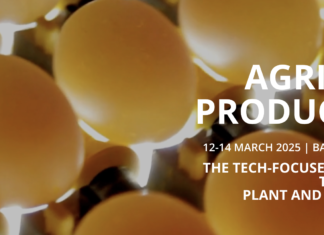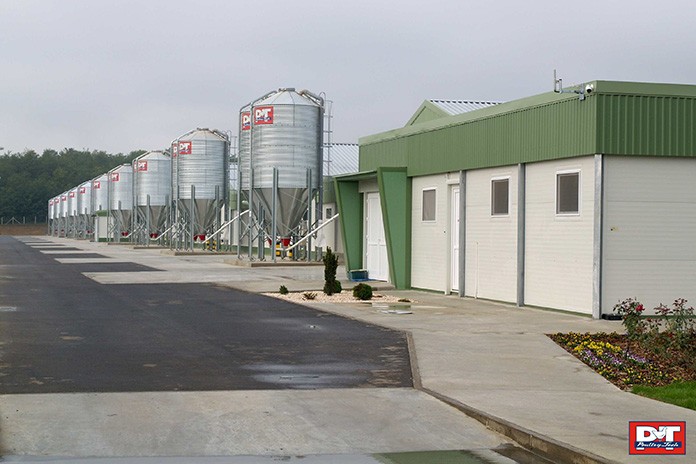
CODAF is specialized in the production of automatic feeding systems for the poultry industry, offering a complete range of feeders providing excellent performances, with a special focus on quality and animal welfare. The high standard of efficiency of their equipment places the company amongst the worldwide poultry industry leaders, and the number of farms deciding to adopt Codaf equipment is always increasing.
Recently, Master Good Group of Baktalórántháza, Hungary opted for CODAF feeding equipment and installed in their modern farm a complete feed distribution system, which conforms perfectly to the good management and cutting-edge technology that is a fundamental part of their overall production programme.
The Group
Master Good Group is owned by the Bárány family, who have been involved in the poultry business since 1907. The Group includes two companies: Master Good Kft, who manage the poultry slaughtering and further processing centre, and Baromfi-Coop, who deal with the agricultural activities. Their modern broiler farm was built in 2015 and is located in North East Hungary, near Baktalórántháza. Master Good Baktalórántháza represents an excellent example of a farm, where management, mechanization and use of technology are perfectly combined to reduce environmental impact, increase welfare and produce excellent quality products.
Poultry housing in a modern layout
The farm layout has been given the maximum of importance, with one corridor connecting all the 10 single houses with severe measures being in place to preclude any risk of external contamination. There is also a separate changing room and a shower area for the catching team to avoid cross-contamination and to keep the farm safe and uncontaminated and to ensure good bio security. The farm is equipped with computerized systems monitoring and controlling ventilation levels, heating, internal humidity, air pressure and cooling, especially under severe climatic conditions. Ammonia, carbon dioxide and monoxide levels are regularly measured adjusting the ventilation rate if needed. Heating is provided with modern and efficient gas heaters expelling combustion gases out of the building through an exhaust system. They also pre-heat air, reducing gas usage by an average of 5% and thus controlling the humidity inside the building for a better litter quality.
Good environmental control is indeed a key factor in farm management and has a considerable impact on the health and welfare of birds. All the houses have windows placed along the full length of the buildings at the top of the sidewall. This helps optimize natural light entry and distribution within the house, with birds responding well to natural light, which increases their activity levels and natural behaviour patterns. In two of the houses a light sensor is being trialled, this monitors the artificial light, which is automatically switched on when light levels in the building fall below 20 lux.
Houses are equipped with additional enrichment such as wooden perches, card boxes, bags filled with pelletized straw and hemp strings hung from the feed lines. Metal platforms with ramps have been constructed and placed around the building so that birds can jump, perch and dust bath, all expressions of their natural behaviours. The area under the platform is shaded and used for resting and sleeping.
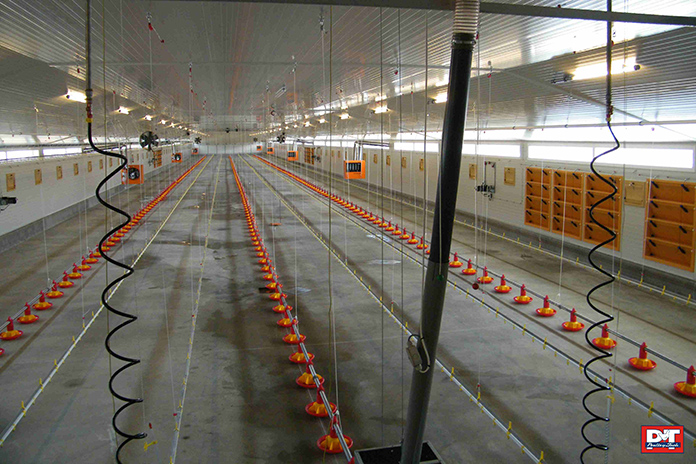
A McDonald’s Flagship Farm
Birds are monitored at least twice a day. In the houses there is a camera system to monitor and inspect birds, which is remotely accessed by the company technical staff. Management information is recorded daily including mortality, culls, water and feed consumption, FCR index, temperature and humidity. This data helps improve management decisions and optimize environmental conditions. A vaccination program is drawn up by the veterinarian team, in order to improve animal health and reduce disease challenges. The company has its own internal nutritionist, cooperating with Aviagen to ensure they meet all the birds’ nutritional requirements. Probiotics are used to enhance gut health. Feed is heat-treated and checked to prevent any bacteriological contamination. Houses are cleaned and disinfected between each placement.
The company’s two feed mills use raw materials either grown on their own integrated farms or locally purchased. Poultry litter is used to produce an organic fertilizer which is either used for their integrated farms or sold to the farms which supply the business with cereals and straw.
All houses are equipped with modern CODAF feeding systems, which can be raised up electrically. The feeding system can also be used to distribute straw litter pellets onto the floor of the building. These straw litter pellets, which need to be in place prior to bird placements are fed in using the feeding system. The pan feeders are removed and the straw pellets are blown in via the feed silos.
Master Good Farm has been selected as part of the McDonald’s Flagship Farm Project confirming the high production performance level of the company. Being selected by McDonald’s means they are able to fulfil all the expectations with regard to bio security, animal welfare and health, environment and quality of products.
Master Good Group centre
4600 Kisvárda, Ipari út 9., Hungary
Tel.: +36 45 501-100
Fax: +36 45 501-190
E-mail: kapcsolat@mastergood.hu
Website: www.mastergood.hu/en/kapcsolat.html
CODAF
Via Cavour, 74/76 – Isorella (BS)
25010 – Italia
Tel. +39 030 9958156
E-mail: export@codaf.net
Website: www.codaf.net


